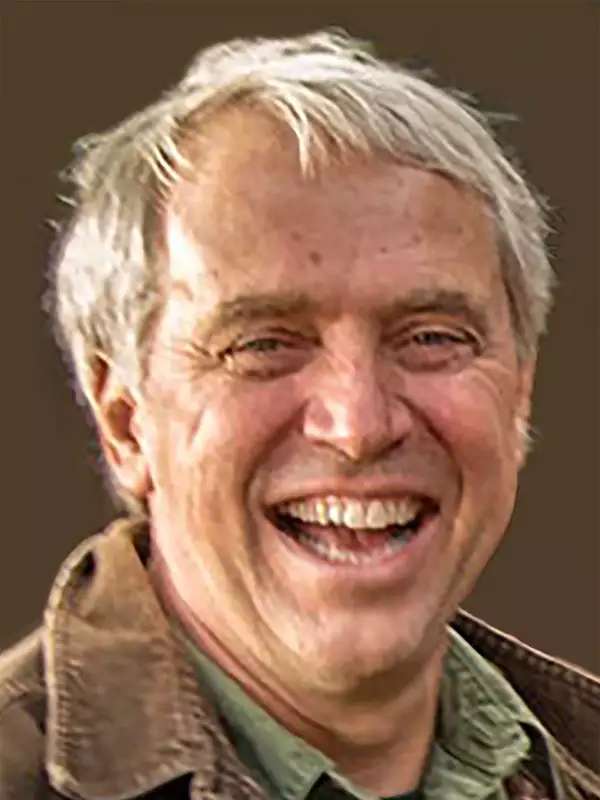
Dave Bayer
Department
Mathematics
Office
Contact
David Bayer, Professor Emeritus of Mathematics and a former Chair of the Department of Mathematics, began teaching at Barnard in 1987, and became a full-time faculty member in 1990. His teaching specialties include linear algebra, modern algebra, and combinatorics.
Professor Bayer served as mathematics consultant, hand double, and day player in A Beautiful Mind, the 2001 feature film based on the life of Nobel laureate John Forbes Nash, Jr.
Professor Bayer is the coauthor (with Mike Stillman) of Macaulay, a computer algebra system for computations in algebraic geometry and commutative algebra. This software uses Grobner basis methods for manipulating systems of polynomial equations.
Professor Bayer holds a U.S. Patent (with N. Karmarkar and J. Lagarias) for a method and apparatus for optimizing system operational parameters.
- BA, Swarthmore College
- PhD, Harvard University
“Syzygies of Lawrence Unimodular Ideals,” with S. Popescu and B. Sturmfels,Journal für die reine und angewandte Mathematik Vol. 534 (2001): 169–186.
“Extremal Betti Numbers and Applications to Monomial Ideals,” with H. Charalambous and S. Popescu, Journal of Algebra Vol. 221, No. 2, (1999): 497–512.
Cellular resolutions of monomial modules, with B. Sturmfels, Journal für die reine und angewandte Mathematik Vol. 502 (1998): 123–140.
“Monomial Resolutions,” with I. Peeva and B. Sturmfels, Mathematical Research Letters Vol. 5, No. 1-2, (1998): 31–46.
“Trailing the Dovetail Shuffle to Its Lair,” with P. Diaconis, Annals of Applied Probability Vol. 2, No. 2, (1992): 294–313.
“Karmarkar's Linear Programming Algorithm and Newton's Method,” with J. Lagarias, Math. Programming Vol. 50, No. 3, (Ser. A), (1991): 291–330.
“A Criterion for Detecting m-Regularity,” with M. Stillman, Inventiones Mathematicae Vol. 87, No. 1, (1987): 1–11.
- Combinatorial commutative algebra
- Algebraic geometry
- Computer algebra